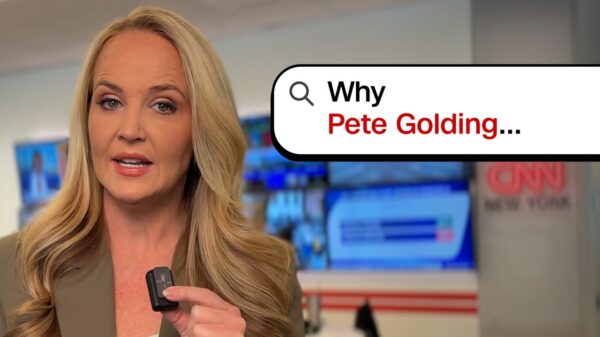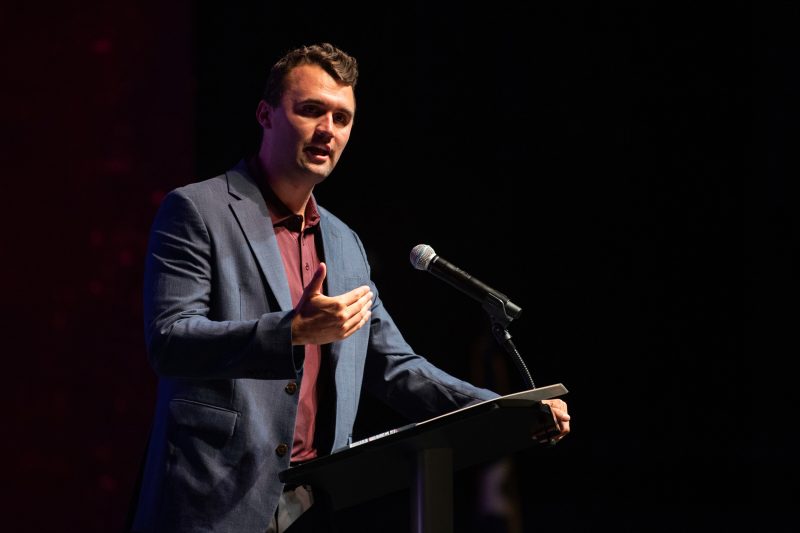The recent fatal shooting of conservative activist Charlie Kirk has triggered a wave of firings across various industries, with employees losing their jobs for comments made about his death. Among those dismissed is Matthew Dowd, a political analyst for MSNBC. The rapid response from employers reflects a growing tension between free speech and workplace regulations.
In the aftermath of Kirk’s death, several conservative activists have actively sought to identify social media users they deem to have made offensive or celebratory remarks. This has included targeting a range of professionals, from journalists to educators. Right-wing influencer Laura Loomer went so far as to declare her intention to undermine the careers of anyone who expressed joy over Kirk’s demise.
Legal Landscape of Employee Speech
This situation is not unprecedented; employees have faced repercussions for their public statements before. Yet, the swift nature of these firings raises important questions regarding employee rights and employer authority. In the United States, legal protections for employees vary significantly by state, and overall, there is limited recourse for those penalized for speech made outside of the workplace.
“Most people think they have a right to free speech, but that doesn’t necessarily apply in the workplace,” explained Vanessa Matsis-McCready, associate general counsel and vice president of HR Services for Engage PEO. “Most employees in the private sector do not have any protections for that type of speech at work.”
The rise of social media has intensified scrutiny of employees’ conduct outside their jobs, with many employers taking an active interest in the public statements made by their staff.
While legal frameworks exist to protect workers in some states, the interpretation and enforcement of these laws can be inconsistent. For example, in New York, participating in a political protest over the weekend does not warrant dismissal from an employer if the employee does not associate with their workplace. However, negative comments made during a company event could lead to disciplinary action.
According to Andrew Kragie, an attorney specializing in employment law, the First Amendment does not extend to private workplaces, which means that employers retain the right to make decisions based on their employees’ public statements. “There are pockets of protection under various state laws, but they are not uniformly enforced,” he said.
Impact on Public Sector Employees
For public employees, such as teachers and government officials, the legal landscape is more nuanced. The First Amendment provides some level of protection for those speaking on matters of public concern, but government employers can still impose discipline if they determine that such speech disrupts their operations.
In response to the political climate following Kirk’s death, the Pentagon announced a “zero tolerance” policy regarding any military personnel who celebrate or mock Kirk’s assassination. This policy was articulated by Sean Parnell, the Pentagon’s top spokesman, who stated, “It is unacceptable for military personnel and Department of War civilians to celebrate or mock the assassination of a fellow American.”
This move underscores the heightened sensitivity surrounding political discourse in the wake of violence. The proliferation of social media has made it easier for individuals to share their opinions, but it has also created a permanent record that can impact reputations and employment.
“People don’t realize when they’re on social media, it is the town square,” said Amy Dufrane, CEO of the Human Resource Certification Institute. “They’re not having a private conversation with the neighbor over the fence. They’re really broadcasting their views.”
As political discussions increasingly enter the workplace, many human resource professionals report feeling unprepared to manage these conversations effectively. Dufrane emphasized the importance of establishing clear policies about acceptable conduct in the workplace. “HR has got to really drill down and communicate to their employees what their responsibilities are as employees of the organization,” she noted.
Many companies are currently revising their policies on political speech and providing training to clarify what constitutes appropriate behavior, both in and out of the workplace. The nature of Kirk’s death has prompted some employers to respond more decisively to any potentially inflammatory comments made by their staff.
The perception of employees as brand ambassadors for their companies is also a factor in these developments. Political speech can have significant implications for a company’s reputation, leading employers to take action based on their employees’ online activities. “Some individuals who posted comments found their employers inundated with complaints,” Matsis-McCready observed.
Despite the current climate, experts like Collis do not foresee a major shift in how employers monitor employee speech. The scrutiny of online activity has been a longstanding practice, and many organizations have been vetting employees based on their social media presence for years.
The ongoing discourse surrounding free speech and workplace rights will likely continue to evolve, especially as incidents like the death of Charlie Kirk bring these issues to the forefront. As the intersection of politics and employment becomes increasingly complicated, both employees and employers will need to navigate this challenging landscape carefully.






































































